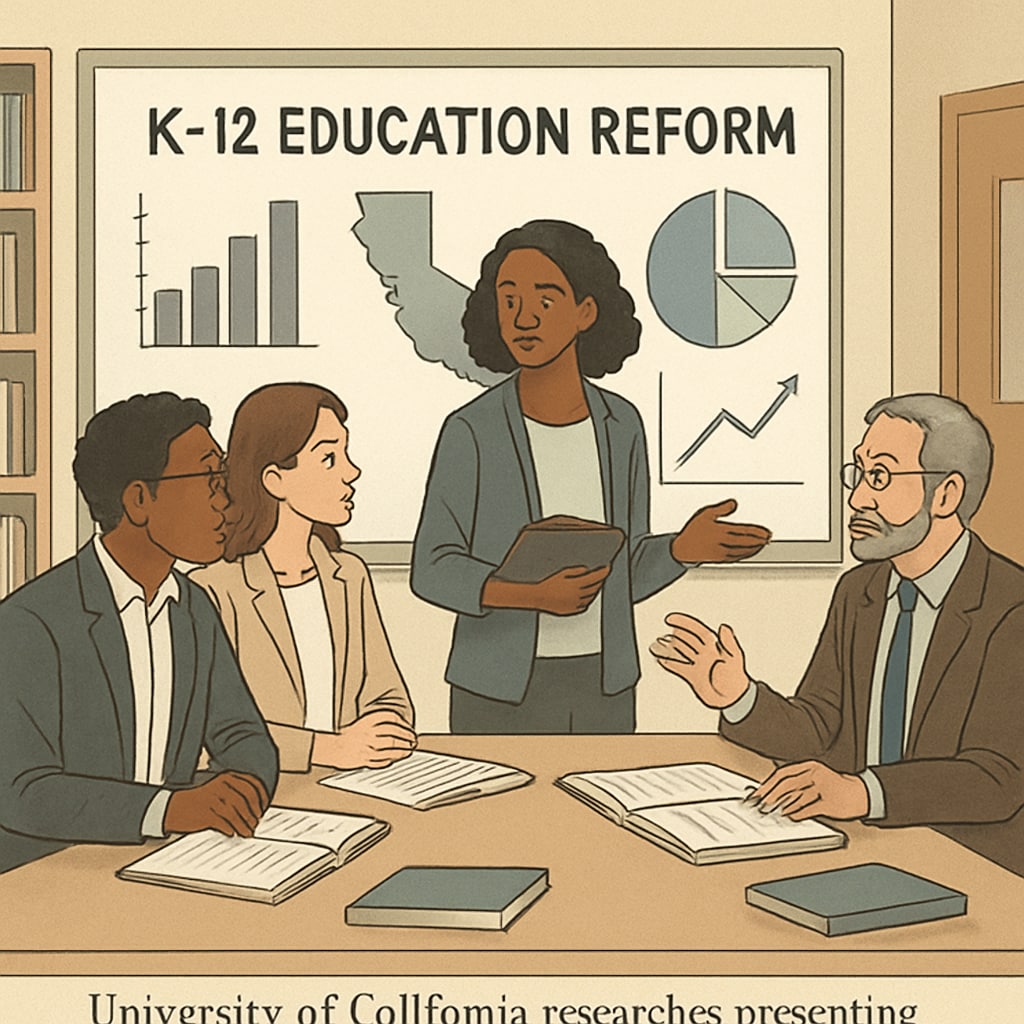When tackling challenges in K12 education, connecting with University of California employees can provide invaluable insights. By leveraging the expertise of academic professionals, educators and parents can adopt research-based strategies to enhance student learning. This article outlines reliable methods for reaching out to experts, formulating impactful questions, and integrating higher education research into day-to-day teaching practices.
Why University of California Experts Are Key to Advancing K12 Education
The University of California system is renowned for its cutting-edge education research. From curriculum development to student psychology, UC experts consistently contribute to innovations that shape the future of learning. By reaching out to these professionals, K12 educators can gain access to a wealth of knowledge tailored to their specific needs.
For example, UC experts may have conducted studies on the effectiveness of certain teaching methods or strategies for improving student engagement. Additionally, the system’s focus on equity and inclusion aligns closely with the diverse needs of K12 classrooms.

How to Effectively Connect with University of California Employees
Building a meaningful connection with academic professionals requires a strategic approach. Consider the following steps:
- Identify the right department: Research departments within the University of California system that align with your interests, such as education, psychology, or sociology.
- Utilize official communication channels: Many UC faculty members list their email addresses on university websites. Be professional and concise in your outreach.
- Leverage professional networks: Platforms like LinkedIn can help you identify mutual connections or group affiliations.
In addition, attending conferences or webinars hosted by the University of California can be an excellent way to meet experts in person or virtually.
Formulating Questions That Yield Practical Insights
When reaching out to University of California employees, the quality of your questions matters. Open-ended, specific inquiries tend to elicit the most useful responses. For instance:
- Instead of asking, “How can I teach better?” try, “What research-based strategies are effective in improving reading comprehension for middle school students?”
- Focus on actionable insights, such as tips, frameworks, or resources you can directly implement in your classroom.
Remember, academics appreciate questions that show genuine curiosity and a willingness to learn.
Applying Research to Transform K12 Classrooms
Once you’ve gathered insights, the next step is implementation. Academic research often includes evidence-based practices that can be adapted to the K12 environment. For example:
- Collaborative learning: Studies frequently highlight the benefits of group activities for fostering critical thinking and teamwork.
- Data-driven instruction: University researchers often emphasize the importance of using assessment data to tailor teaching methods.
Additionally, many UC experts publish findings in accessible formats, such as blogs or podcasts, designed for educators outside academia. Taking advantage of these resources can simplify the application process.

Readability guidance: This article uses concise paragraphs, clear headings, and lists to improve readability. Active voice and short sentences are prioritized for clarity, with transitional words ensuring smooth flow.


